Artificial Intelligence (AI) has emerged as a transformative technology, revolutionizing various industries and sectors. Its capabilities and potential have opened up new avenues for innovation and efficiency. In this article, we will explore the top real-life applications of artificial intelligence across different domains.
Introduction
Artificial Intelligence refers to the simulation of human intelligence in machines that are programmed to think and learn like humans. AI systems can analyze vast amounts of data, identify patterns, make decisions, and perform tasks with accuracy and speed. Let’s delve into some of the remarkable applications of AI in our daily lives.
Healthcare

AI has made significant strides in transforming the healthcare industry. It has the potential to revolutionize patient care, diagnosis, treatment, and disease prevention.
Diagnosis and Treatment
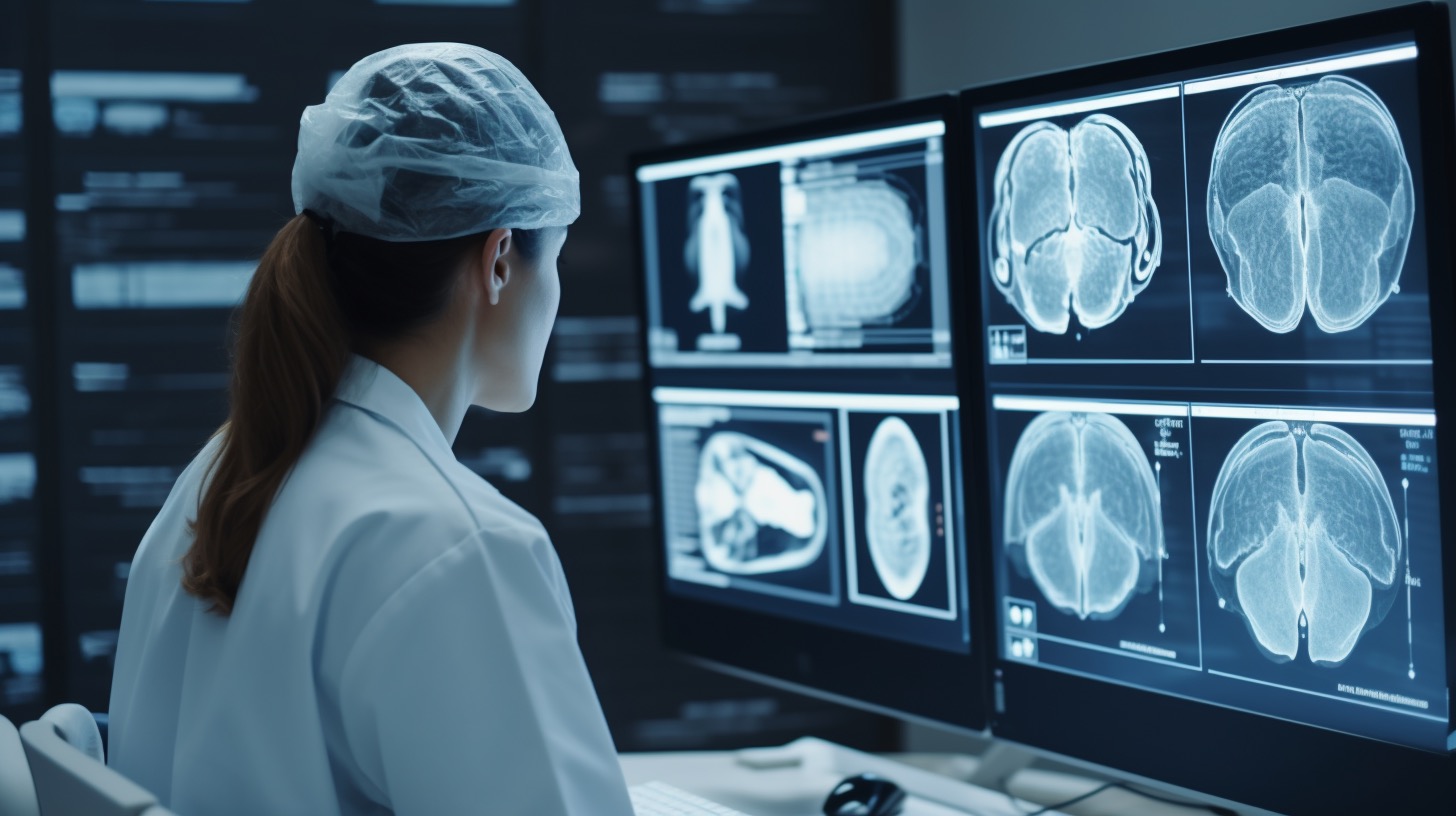
Artificial Intelligence plays a crucial role in diagnosing complex diseases by analyzing medical images, such as X-rays and MRIs. AI algorithms can detect anomalies, assisting healthcare professionals in making accurate diagnoses. Additionally, AI-powered systems aid in developing personalized treatment plans by considering individual patient data and medical history.
Patient Monitoring

AI-powered wearables and remote monitoring devices enable continuous patient monitoring, providing real-time data on vital signs, activity levels, and other health parameters. This helps in the early detection of health issues and proactive intervention, ensuring better patient outcomes.
Finance and Banking
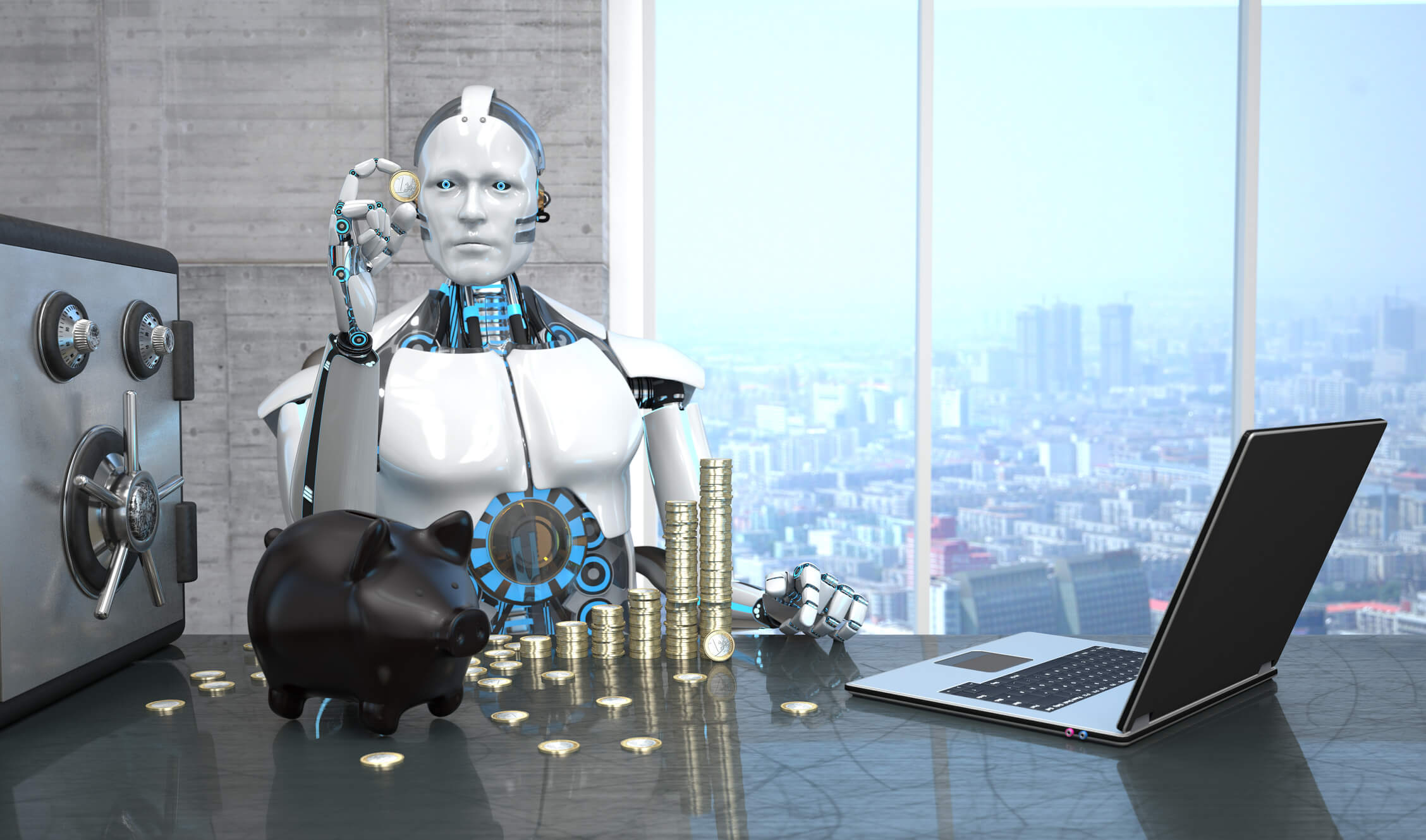
The finance and banking sector has embraced AI to enhance efficiency, mitigate risks, and deliver personalized services to customers.
Fraud Detection
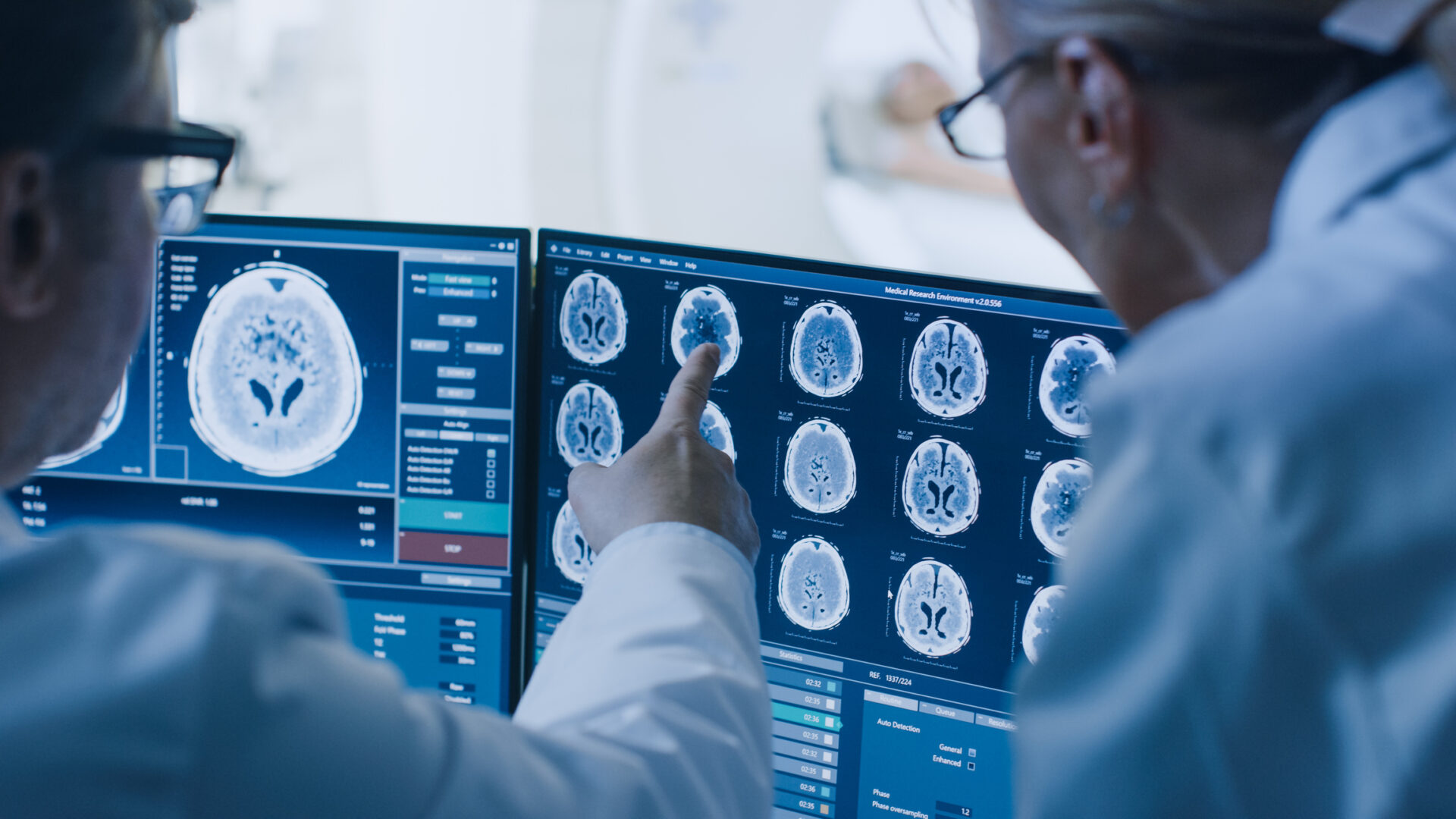
AI algorithms can analyze vast volumes of financial data and identify patterns indicative of fraudulent activities. By continuously learning from new data, AI systems improve their ability to detect and prevent fraudulent transactions, protecting both financial institutions and their customers.
Risk Assessment
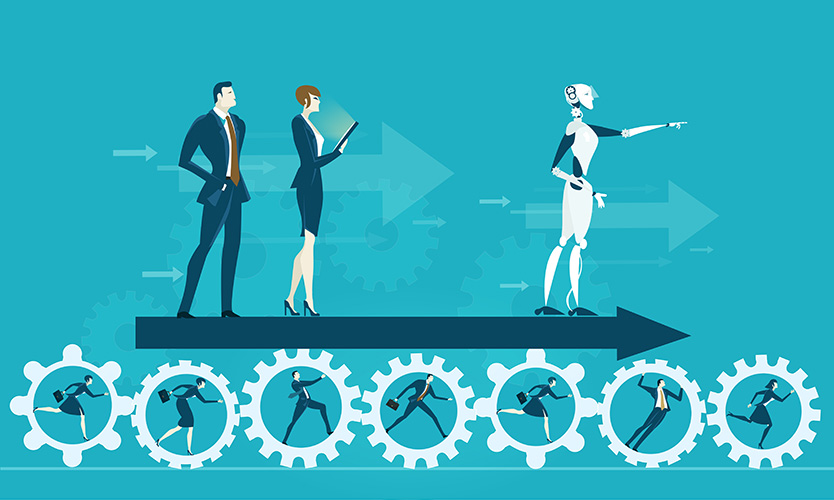
AI models can assess creditworthiness by analyzing borrowers’ financial history, transactional patterns, and credit scores. This enables financial institutions to make informed decisions about loan approvals, minimizing the risk of default.
Transportation
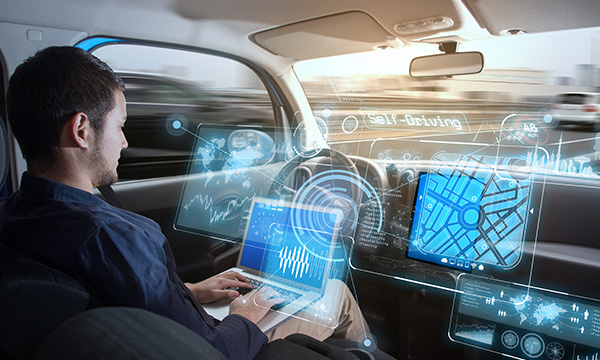
AI has the potential to revolutionize transportation systems, making them more efficient, safe, and sustainable.
Autonomous Vehicles

Self-driving cars powered by AI algorithms can navigate roads, detect obstacles, and make decisions in real time. This technology has the potential to reduce accidents, ease traffic congestion, and provide greater mobility for people.
Traffic Management

AI-based traffic management systems use real-time data to optimize traffic flow, reduce congestion, and enhance road safety. These systems can analyze patterns, predict traffic conditions, and adjust signal timings to improve the overall transportation experience.
Education
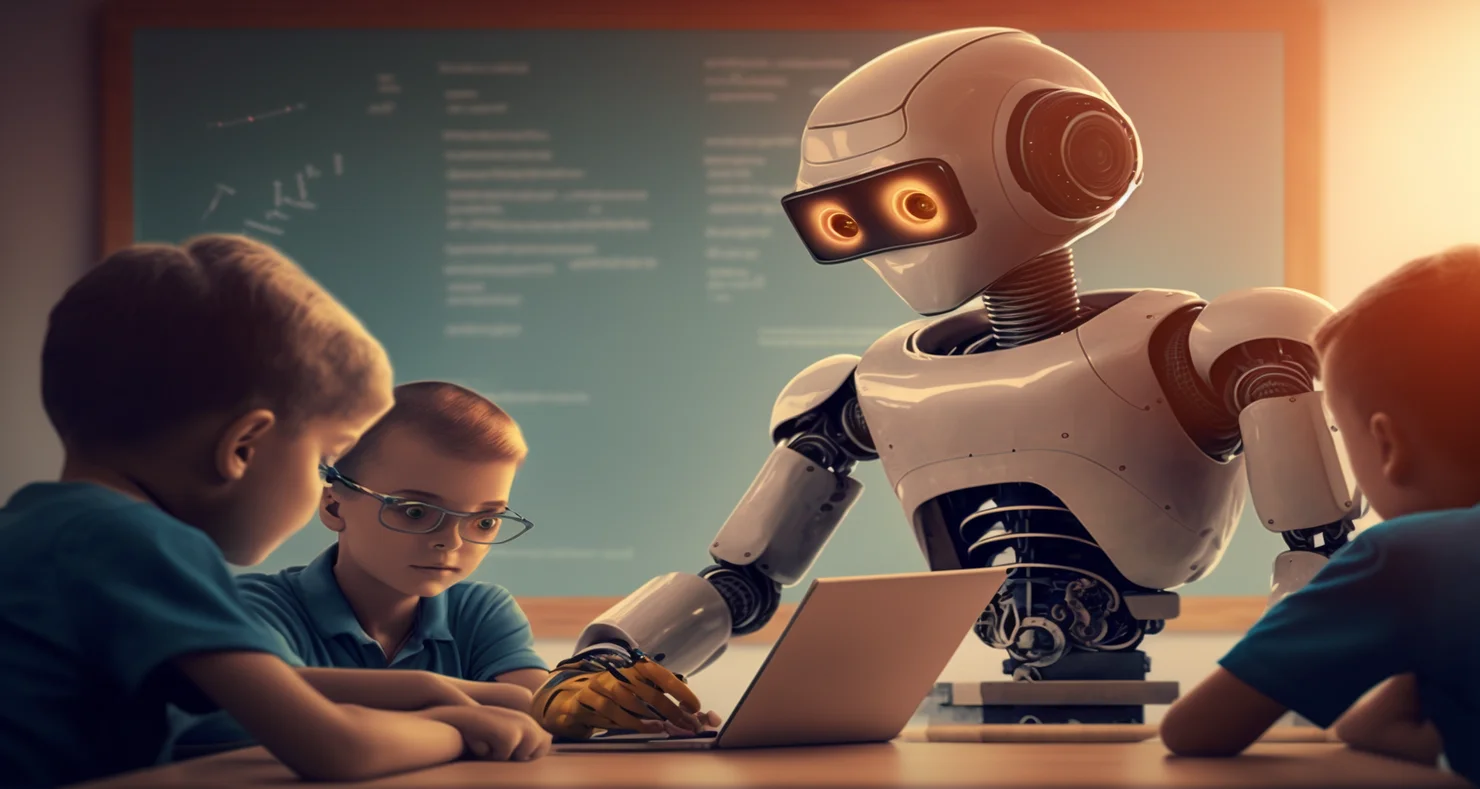
AI has the potential to transform education by personalizing learning experiences and providing intelligent tutoring.
Personalized Learning

AI algorithms can analyze students’ learning patterns, strengths, and weaknesses to provide personalized learning recommendations. This enables students to learn at their own pace and focus on areas where they need more assistance.
Intelligent Tutoring

Intelligent tutoring systems leverage AI to provide interactive and adaptive learning experiences. These systems can assess students’ progress, provide feedback, and adapt the curriculum to individual needs, enhancing the effectiveness of education.
Entertainment

AI has revolutionized the entertainment industry by providing personalized recommendations and enabling interactive experiences.
Recommendation Systems

AI-powered recommendation systems analyze users’ preferences, viewing history, and behavior to suggest personalized content. This has transformed the way we discover movies, music, books, and other forms of entertainment.
Virtual Assistants

Virtual assistants, such as Siri and Alexa, utilize AI to understand and respond to user queries, perform tasks, and provide information. These intelligent assistants have become an integral part of our daily lives, making tasks more convenient and accessible.
Conclusion
Artificial Intelligence has become an indispensable technology with numerous real-life applications. From healthcare and finance to transportation, education, and entertainment, AI has the potential to revolutionize various sectors, enhancing efficiency, personalization, and overall human experience.
